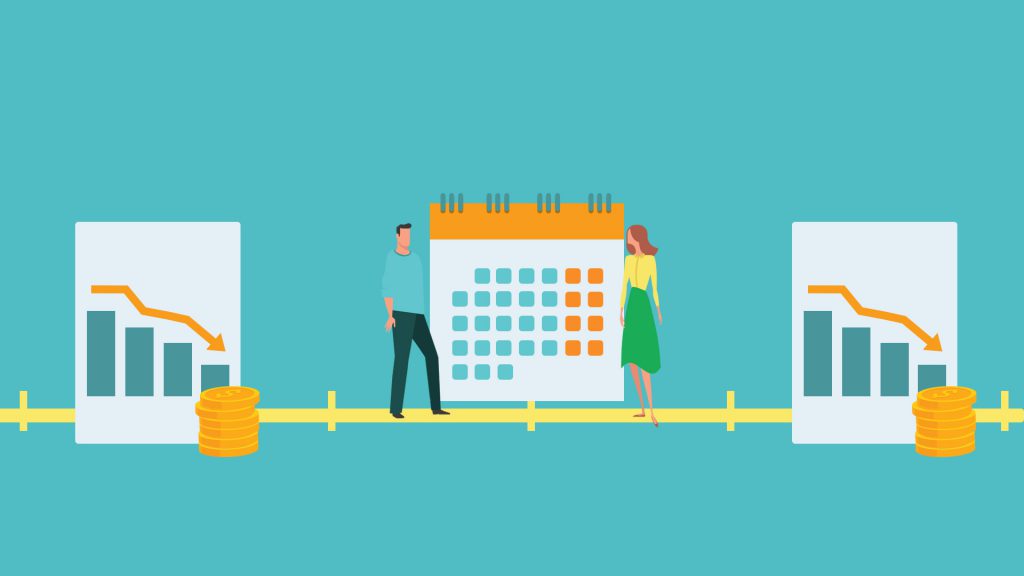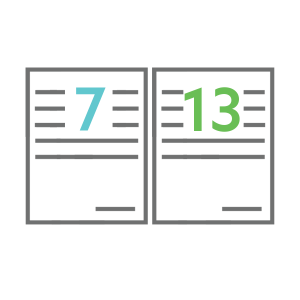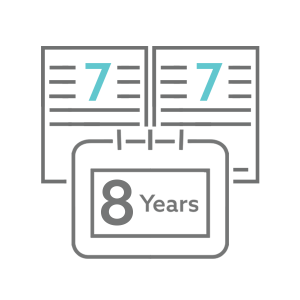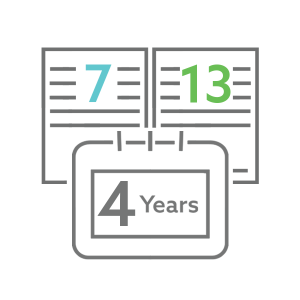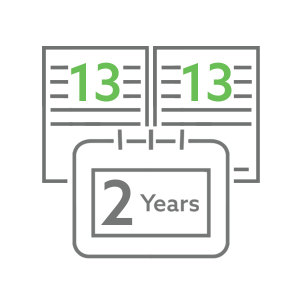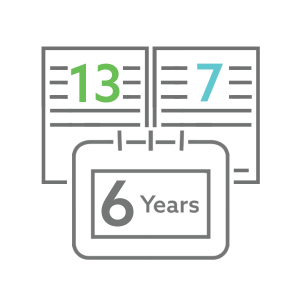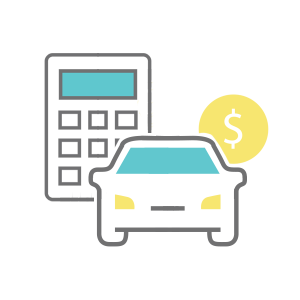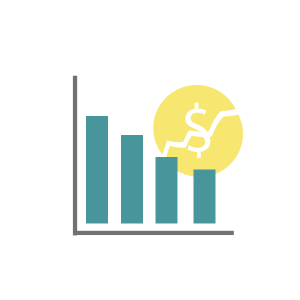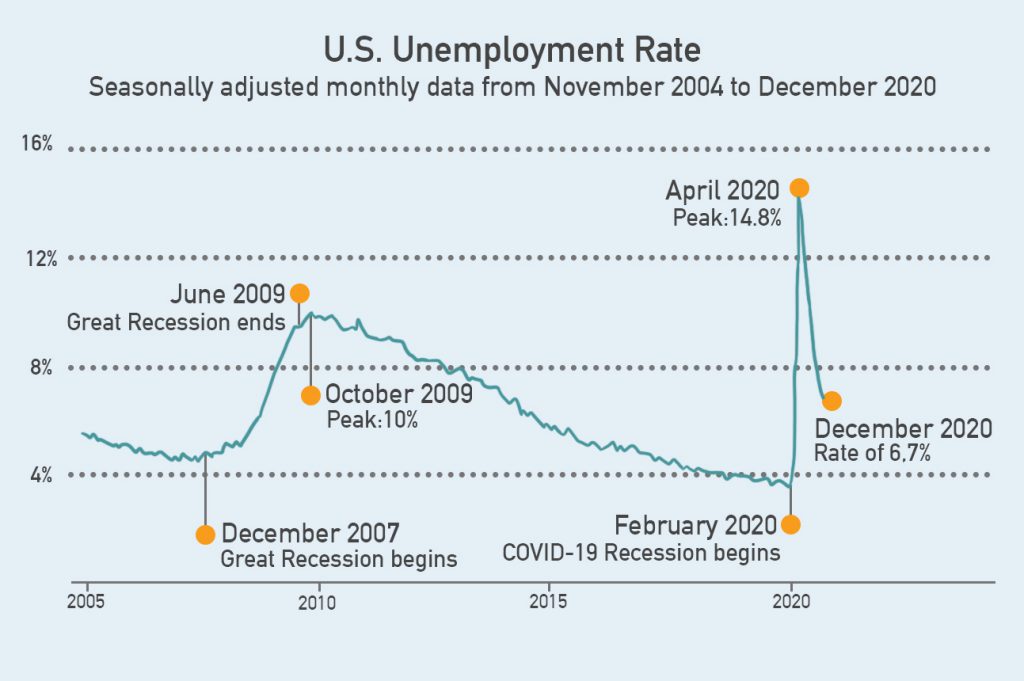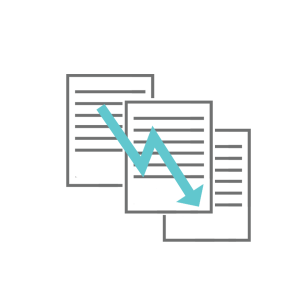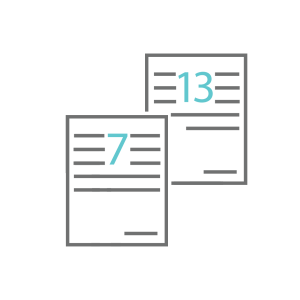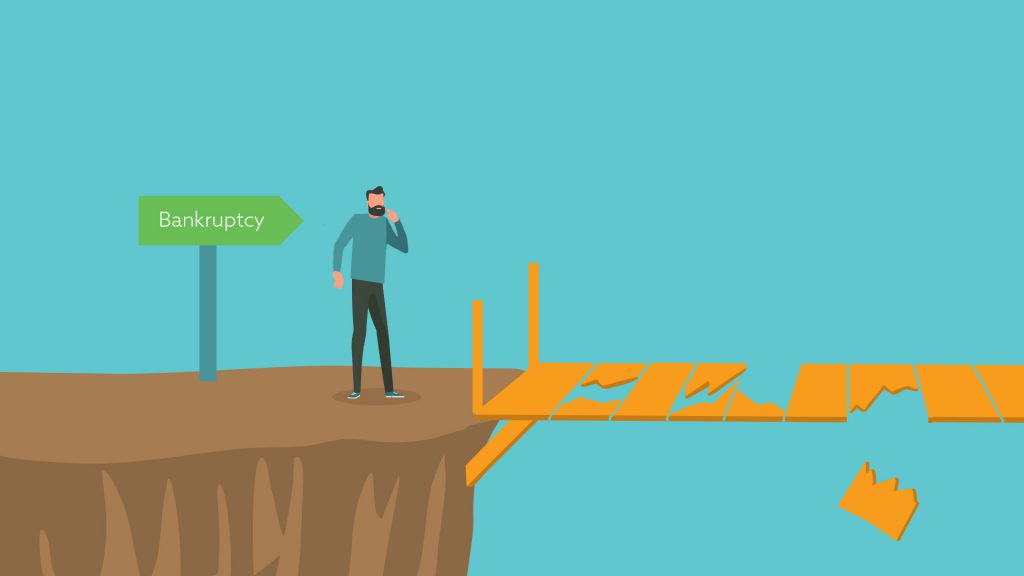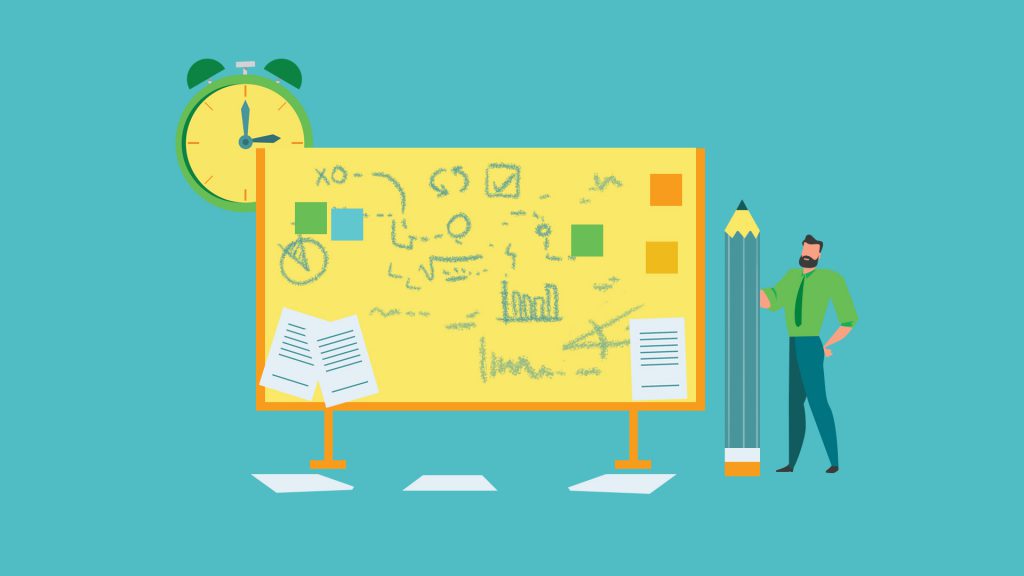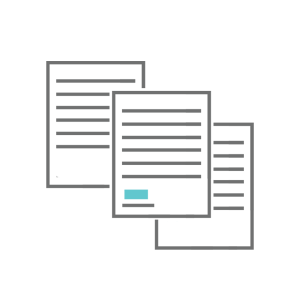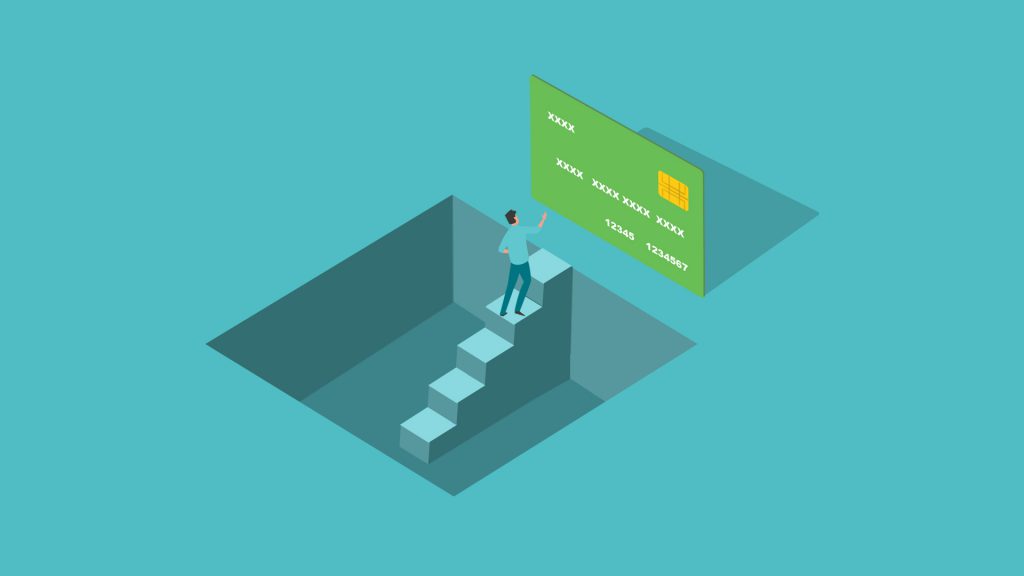
The day your Chapter 7 bankruptcy is discharged is a wonderful day. The process is over. Most or all of your qualifying unsecured debts have literally been wiped away. You’ve got a clean slate and can now make the fresh start bankruptcy laws were intended to provide. So now what? What specific things can you do to rebuild and restore your credit so you can begin to build up some real financial strength moving forward? This article will outline a number of Chapter 7 bankruptcy recovery steps you can take. But make sure you have realistic expectations. Recovering from bankruptcy will take at least several years. You have to be patient and keep working on it to make progress, but you can do it.
Step 1: Budgeting, Spending Less than You Earn, and Saving
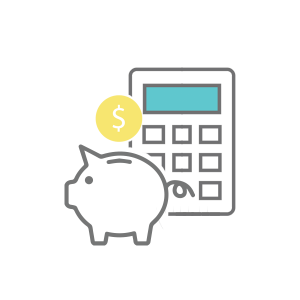
While many people resort to filing Chapter 7 bankruptcy from the unexpected loss of a job or a medical emergency and its huge bills, there are just as many people who got into trouble by routinely overspending and not managing their finances well. For the latter group of bankruptcy filers, now is the time to do better, establish better habits, and keep a closer eye on your financial health moving forward. This is probably the most important of all the bankruptcy recovery steps you take. The big picture aspects of this step are spending less than you earn, making a realistic budget and sticking to it, and beginning to save money ahead of the next unexpected happening in life so you’ll have a cushion to fall back on when needed.
You can get help with this from a certified, reputable credit counseling service. Note that this kind of service is not the same as for-profit operations such as credit repair companies or debt settlement companies. In order to understand the differences and to find a good credit counselor, check out this article from The Balance. You can also visit the Financial Counseling Association of America or the National Foundation for Credit Counseling. And be very careful before spending any money on a credit repair service that makes it sound like they can easily “fix” your credit problems. Learn more in our previous article, Do Credit Repair Services Work?
Step 2: Obtain and Responsibly Use a Line of Credit
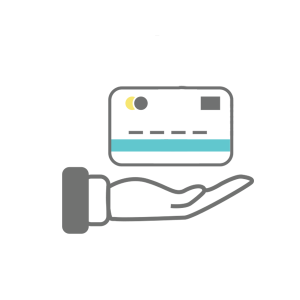
Recovering after bankruptcy doesn’t seem like it should include taking on new debt, but it often does. Your credit score going into bankruptcy may have already been very low. Filing for bankruptcy might have caused it to go even lower. When your Chapter 7 bankruptcy is discharged, your credit score won’t immediately jump upwards. Why not? You’d think it would since you will probably have the best debt-to-income ratio you’ve had in while with all that debt wiped away. But while that ratio is important when lenders are considering you for a loan, it’s not very important to your credit score. What plays a much larger role in shaping your credit score is your track record of responsibly using your available credit. That’s what you need to establish moving forward to see your credit score begin to rise.
If your primary type of debts were credit card debts, you might decide to give up on credit cards in favor of paying cash for everything. But that’s not going to help improve your credit score or build a track record of responsibly using credit. Cash transactions aren’t reported to credit bureaus! What gets reported to credit bureaus are when you make on-time monthly payments on a line of credit. And yet here you are with a bankruptcy red flag on your credit report, which means getting that line of credit might be difficult. Here are three ways to accomplish this step:
Secured Credit Card: You give the card issuing bank an agreed upon amount of money, say $200 or $500, and a portion of that amount becomes the credit limit of the card. You can charge things and make your on-time monthly payments to build your credit, and if you were to ever miss a payment, the bank already has the money you gave them to cover the entire credit limit of the card if needed. But remember, the best way to build credit is making on-time payments every month. It’s also a good idea to plan on paying the balance off entirely each month. Carrying a balance from month-to-month isn’t a huge problem as long as you’re making at least the minimum payment on-time since the overall amount of credit involved is very small. But it’s still better to pay it off in full every month, especially because the interest rate is going to be pretty high on this type of card.
Bankruptcy Car Loan: Another option for building credit would be to apply for a loan, such as to purchase a used car. Many lenders will see your Chapter 7 bankruptcy as a big red flag and will reject your application. But there are other lenders who do work with bankruptcy customers. They understand your situation and are willing to take on the risk of making you a loan, although you’ll end up with a higher interest rate. Day One Credit specializes in helping customers with an open or discharged bankruptcy find a bankruptcy car loan to finance the purchase of a used car. Again, once you obtain a new post-bankruptcy line of credit, the key is to use it responsibly by making on-time payments each and every month.
Credit-Builder Loan: This is a special kind of loan not offered at most big banks but can often be obtained at a credit union or community bank. The lender agrees to loan you an amount of money (usually less than $1,000) but doesn’t give you the money. Instead, it puts the money into a savings account it controls. This is an installment loan, and as long as you make the monthly payments on-time, you’ll get all that money back at the end of the loan, and all those payments made along the way will be reported to the credit bureaus, helping build up your credit score and history. As with everything else suggested in this article, for this to have a positive impact on your credit you have to make your monthly payments on-time every time. Late payments hurt your credit score. A credit-builder loan is not only a great way to build your credit, but it also helps you save money as well over the course of the loan. You can learn more about this kind of loan from Credit Karma in Credit-builder loans: What they are and how they work.
Step 3: Monitor Your Credit Score and Fix Your Credit Report
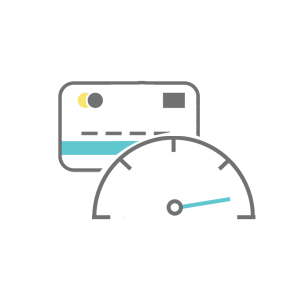
This third of our bankruptcy recovery steps is one that many people miss. You’ll want to keep a closer eye on your credit score than you probably ever did before filing bankruptcy. You have to be able to see this score and how it changes in order to know what you’re doing is making a difference. This means looking at your credit report and score more frequently than the free annual check to which everyone is entitled. You should be looking at your score and report on a monthly basis. One way to do this is by signing up for a free credit monitoring service. One of the “big 3” credit bureaus, Experian offers free monthly access to your credit score and report, as does Credit Karma for the other two credit bureaus (Equifax and TransUnion). This monitoring will help you stay on top of what’s happening with your credit score, but it’s up to you to identify and fix errors on your credit report.
Recover from Chapter 7 Bankruptcy with Help from Day One Credit

Recovering after bankruptcy can feel like a daunting task, but with a little patience and smart decisions, you can do it. If you’ve recently had your Chapter 7 bankruptcy discharged and need to buy a used car, you might be nervous about whether or not any lender will work with you when they see that big red flag of a bankruptcy on your credit report. Many lenders may reject you because of your bankruptcy, but not all lenders! Day One has established strong working relationships with a network of reputable lenders who are willing to consider lending to those with a recently discharged bankruptcy. If you meet our guidelines and are approved, then you’ve got a great way to start rebuilding your credit by making on-time monthly payments on the bankruptcy car loan we find for you, not to mention the car you need! Got questions about how this works? Check out our Common Questions page, or contact us and we’ll be happy to talk you through your options!
At Day One Credit we are experts at finding the best possible bankruptcy car loans in order to help our customers purchase high-quality used cars. We are not lawyers, we do not give legal advice, and nothing we say should be taken as legal advice. Your first step in anything related to bankruptcy should always be seeking the advice and counsel of a qualified bankruptcy attorney.

